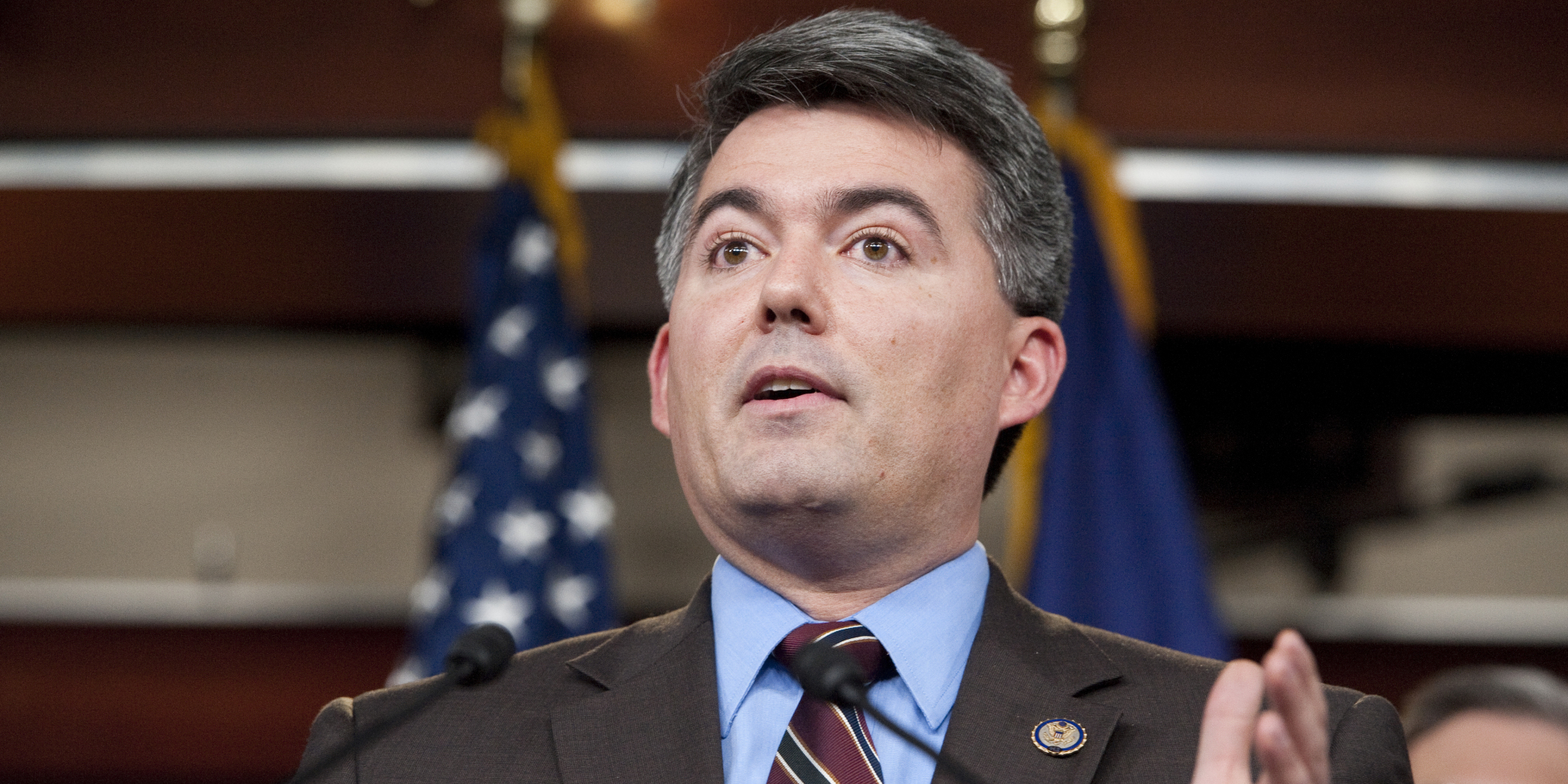A November poll released by the University of Colorado’s American Politics Research Lab, showing U.S. Sen. Cory Gardner’s (R-CO) approval rating at a bleak 25 percent, is under attack by conservatives who say, among other things, that the survey’s sample skewed toward the Democrats.
For example, Colorado Peak Politics, an anonymous conservative blog, criticized the poll for allegedly sampling “47% Democrats, 20% Unaffiliated, and 33% Republicans.”
“That’s way overweight for Democrats,” wrote Peak Politics. “Typically, weighting is done through estimated turnout models for party breakout or to match the registration of the state. This poll does neither.”
But, in fact, the figures cited by Peak aren’t reflective of the underlying characteristics of the people polled, but instead are answers to a question in the survey about “partisanship,” according to University of Colorado political science professor E. Scott Adler, who directs the research lab.
The question posed to the sample surveyed was: “In general, do you think of yourself as a Democrat, Republican, or Independent.”
Adler pointed to the sampling methodology used by YouGov, the company that administered the poll.
It states that “voter registration and turnout” are incorporated in the weighting process, along with many other characteristics, like education and gender, and so on.
“It’s reflective of the state of Colorado,” said Adler.
YouGov polls for hundreds of political scientists as well as pollsters, including the Cooperative Congressional Election Survey, Adler said. It maintains a pool of 4 million people nationally, but only Colorado residents were used for this poll, he said.
“If we were to overweight Democrats, versus what they really are, it would have all kinds of negative implications for all the other questions,” said Adler.
“We were trying to see what the state of partisanship is,” he said, referring to the question referenced by Peak, “We were curious to see where people are today. Things change over time, and they may change again in November.”
Adler and his group did not poll “likely voters” so that researchers could take a broader look at the “political climate,” a goal that is reflected in the poll’s title.
Political observers on both sides of the aisle wondered why the poll, conducted in November, wasn’t released until January.
“We wanted to do a complete and thorough report, which takes a little bit of time,” said Adler.
“We wanted to be a little more careful,” he said, adding that the holidays and finals also delayed things.
Asked if he thought events in November, like the Obamacare repeal votes, might have skewed the results against Gardner, Adler said, “At any given moment, the answers could change. They are only reflective of the time they were asked. It’s a snapshot in time.”
Adler agreed that this is an inherent problem in polling, and therefore trends in polling are what researchers look for.
Media reports about a single poll, without referencing trends of public opinion, are looked at with skepticism by researchers. This type of online poll is seen as credible, Adler says.
So the poll’s presentation of a clear Democratic leaning in Colorado doesn’t mean the state is blue, but the trend over the past two years points in that direction, according to CU researchers.




